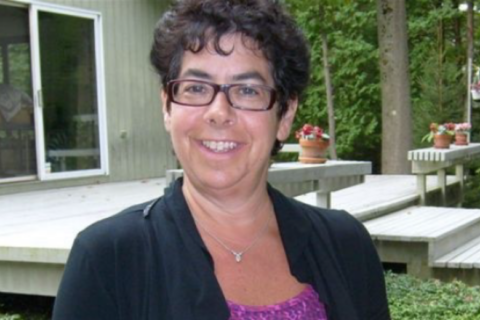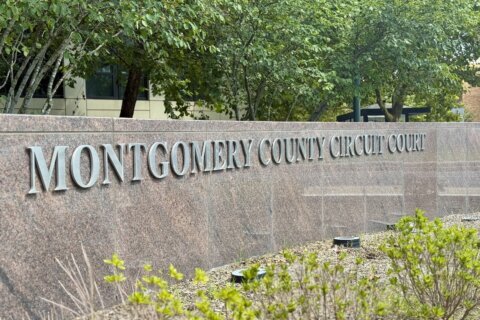Tenants of a Takoma Park, Maryland, apartment building have been able to go from renters to owners, and the county executive hopes their building won’t be the last place that happens.
“This could be an important tool in our arsenal when it comes to preserving and protecting affordable housing,” County Executive Marc Elrich told reporters in his Wednesday briefing.
The Leeland Apartments, a 15-unit garden apartment-style building, was bought with help from the Montgomery County government, nonprofits and private money.
Grants and loans came from sources including $281,250 from the county’s Affordable Housing Opportunity Fund, $1.4 million from City First Enterprises, a D.C.-based nonprofit; and $600,000 in a Maryland Department of Housing and Community Development grant managed by the city of Takoma Park.
Elrich said there have been arrangements in which nonprofits buy buildings, but in those cases the renters don’t get a chance to become homeowners.
“I think everybody understands that ownership is the key to wealth, and particularly generational wealth,” Elrich said.
The purchase of the Leeland Apartments included technical assistance from the city of Takoma Park and Mi Casa, a local nonprofit. Executive Director Fernando Lemos told reporters Wednesday that the shift to creating a co-op at the apartments was made possible in part by the willingness of some tenants to pay a bit more for their units to subsidize others who might not be afford to remain.
“They are neighbors,” said Lemos. “They’ve shared the building for many, many years.”
Lemos added that most tenant groups decide to buy their buildings when they’re given the chance. “In the majority of the cases, low-income residents decide to go to co-op. And that’s one of the things that is important, because a lot of the tenants we work with in the community are not ‘bankable’ — they cannot go to a bank to get a private loan.”
Under the agreement, the tenants association will have to take on the cost of maintenance of the building.
Elrich said he hopes other tenants in the county might be inspired to purchase their buildings when they come up for sale.
“One thing I know we have to do is be able to provide assistance early on in the process, so that tenants understand how this can be done. It’s not something you can do at the last minute,” he said.
Elrich is bullish on using the model in other parts of the county: “It can be transformational in terms of your economic prospects.”








